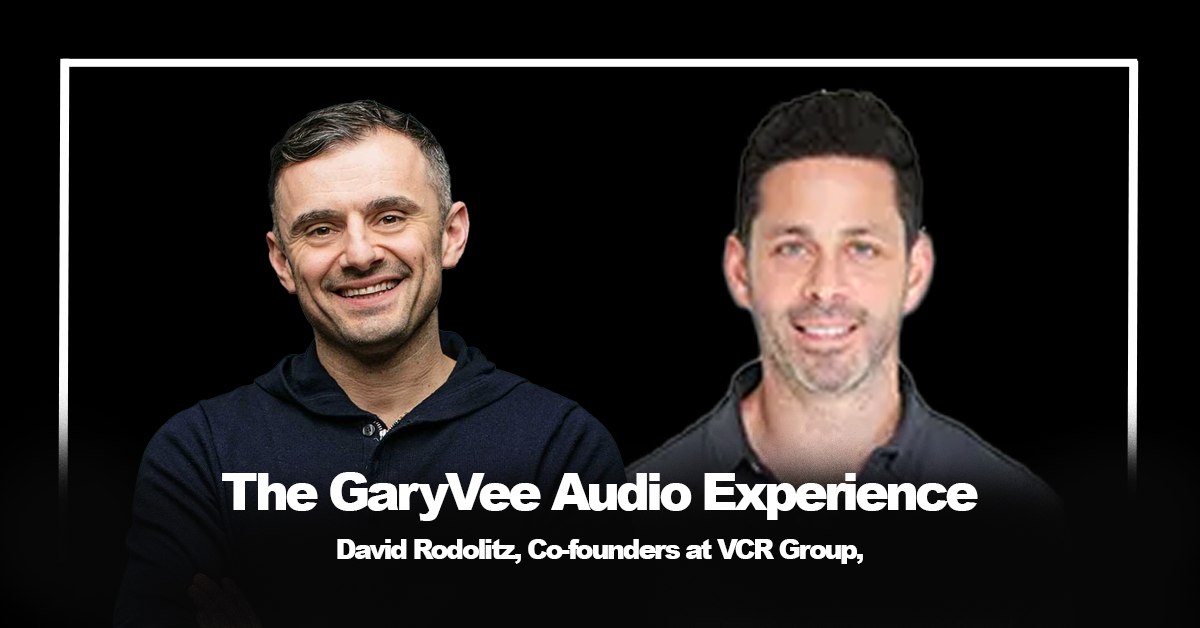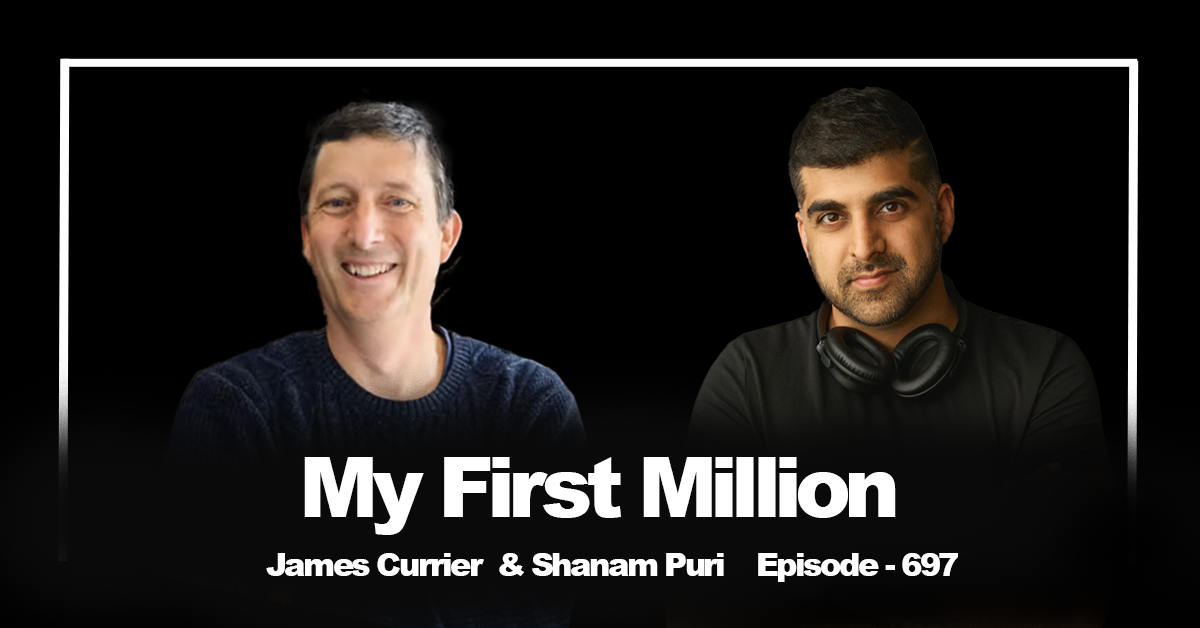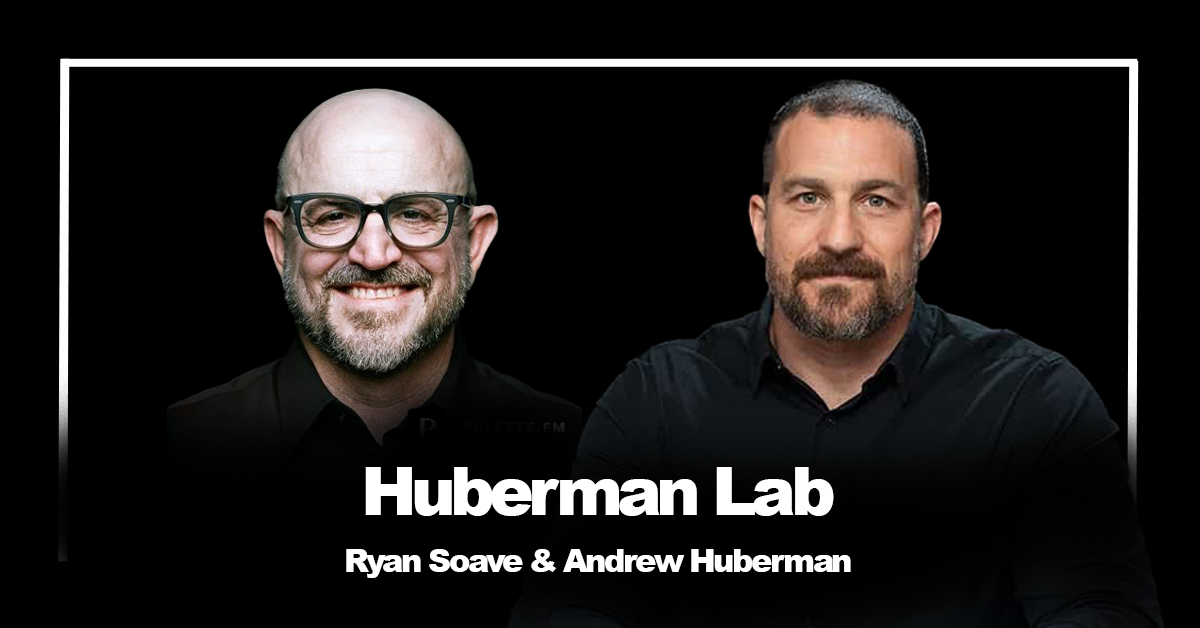This week, we’ve got a special episode featuring a dynamic duo from the hospitality world: Gary Vaynerchuk (aka Gary Vee) and his partner David Rodolitz, co-founders of the VCR Group.
They dive deep into the origin story of their rapidly expanding restaurant group, the journey of launching the much-talked-about Fly Fish Club (the NFT members club), the challenges and realities of the hospitality industry, their philosophy on building brands, handling feedback, and their vision for the future role of tech, AI, and community in dining.
Whether you’re in the hospitality industry, a small business owner, or just curious about brand building and innovation, this conversation is packed with candid insights and energy.
Here are the detailed key insights and takeaways:
1. The VCR Group Origin Story: A COVID Creation
- Long-Standing Connection: Gary and David had known each other for years, with Gary investing in David’s previous group back in 2014. Their social and business circles overlapped.
- COVID Catalyst: The pandemic, while devastating for hospitality, provided a unique pause. Gary, usually time-poor, found himself spending more time with David, discussing a “2.0 version” of the hospitality industry post-COVID.
- Shared Vision: They, along with celebrity chef Josh Capon, decided to form VCR Group (Vaynerchuk, Capon, Rodolitz) based on shared principles: humility, treating people well, passion projects, and having fun.
- Complementary Roles: Gary brought his existing hospitality experience (through VaynerMedia clients and family history) and brand-building expertise, while David and Josh brought deep operational and culinary experience. Gary initially envisioned being more of a background investor but became much more actively involved.
2. Fly Fish Club: NFT Restaurant & Evolution
- The Concept: Launched initially as a blockchain members’ club – requiring an NFT purchase for membership and access. This was a novel application of NFT technology in the hospitality space, driven by Gary’s excitement about blockchain.
- Initial Hype & Volatility: They acknowledged the aggressive “roller coaster” ride of launching with NFTs, seeing parallels to the dot-com bubble (Gary saw Pets.com go to zero). They anticipated ups and downs.
- Adaptation: While the NFT membership remains, they’ve since added traditional memberships, creating parallel paths for entry. This iteration was about ensuring enough people could experience the concepts as the crypto/NFT landscape changed.
- Core Remains: Despite the NFT angle, the foundation was always a culinary-driven members’ club focused on great food (sushi concept), experiences, and ambiance in NYC.
- Beyond NYC: Fly Fish Club was a “big swing” as a first project. The group has since launched other concepts under the VCR umbrella.
3. VCR Group Portfolio & Strategy:
- Current Concepts (7 IPs):
- Ito (NYC & Vegas): High-end sushi joint venture with Masa Ito and Kevin Kim. (Vegas location at Fontainebleau).
- Bar Ito (Vegas): Sister concept to Ito – hand rolls, same quality fish, more accessible format. High growth/scalability potential.
- Little Maven (NYC): Neighborhood restaurant concept.
- Fly Fish Club (NYC): Members-only club (NFT & traditional). Includes sushi, omakase, and other outlets.
- Fly Fish (US Open Pop-Up): Casual seafood concept.
- Capon’s Burgers (Vegas): First location at Fontainebleau. High growth/scalability potential. (Second location coming soon).
- Capon’s Chop House (Coming Soon): New concept launching later in 2024/2025.
- Building a Group, Not Just Restaurants: The strategy involves creating a portfolio of brands, leveraging infrastructure, talent, and community across concepts.
- Place Making: Focused on creating unique environments and experiences, recognizing the importance of location and ambiance. Crushing Maven in a historically tough location brought David particular pride.
4. Hospitality Insights & Philosophy:
- Passion is Non-Negotiable: Both stressed that hospitality is incredibly hard (long hours, low margins, high fixed costs). You must love it to survive and succeed. Creating concepts you’re genuinely excited about is key. Don’t reverse engineer trends you don’t care about.
- Human-Led Business: Despite potential AI advancements, hospitality remains deeply human. Personality, charisma, and genuine care for guests are crucial ‘X factors’.
- The Importance of Food & Service: Shocked by how many operators forget the basics. Excellent food and amazing service are foundational, especially in competitive markets like NYC. Fly Fish Club’s success is attributed significantly to its incredible food.
- Membership Model Benefits: Provides a recurring revenue stream that can help cover high fixed costs, offering stability often lacking in traditional restaurants. Allows for reinvestment into the guest experience.
- Building Community & Value: Successful members clubs create value beyond just access to a table. Reciprocal arrangements (like Fly Fish members accessing Harbor Club in Miami), programming (comedy nights, etc.), and fostering a sense of belonging are key. Members feel “seen” and enjoy consistency.
- Handling Negative Reviews:
- David’s Approach (High Road): Be extremely human, apologetic, take accountability, show you care, and try to fix the specific issue. Call personally, write apologetic emails.
- Gary’s Approach (Dissect & Filter): Acknowledge and address valid feedback (“I’m sorry, I’ll fix it”), but also learn to dissect noise and ignore purely negative or unconstructive criticism. Don’t get defensive or delusional. Treat each case individually.
5. The Future Role of Technology & AI:
- Taking Care of the Mundane: Gary sees AI and tech eventually handling many routine operational tasks (reservations, specific dietary needs communicated via tech like ‘Mona’), freeing up humans like David to focus more on the high-touch, personal aspects of hospitality.
- Perfection vs. Charm: While robots might eventually make a technically perfect filet mignon or be charming, the human element, flaws and all, remains central to the experience people crave.
- Long-Term Impact: Acknowledged AI will significantly impact the industry long-term (40+ years), possibly even leading to better robot cooks than humans, but the high-touch, personality-driven segments will likely persist.
6. Personal Insights & Growth:
- Gary on COVID: The slowdown allowed him to realize how much more creativity he wanted to pursue and provided space for deeper conversations that led to VCR Group.
- David on Painful Realities: Building the group involved immense effort, building teams and infrastructure from scratch under pressure. Opening multiple venues in under a year was a significant challenge.
- Gary on Learning from Losses: Emphasized that while you don’t bat a thousand, learning from failures and losses is crucial. He can afford losses now, but recognizes young companies face substantial strain from missteps.
- David on Passion Projects: Selfishly creates concepts he personally wants to frequent, driven by passion for food, beverage, and creating authentic environments.
Final Thought:
This conversation offered a fascinating look inside the building of a modern, ambitious hospitality group. Gary and David blend intense passion with sharp business acumen, navigating the brutal realities of the industry while betting big on community, experience, and innovative models like Fly Fish Club. Their emphasis on loving the work, taking accountability, and balancing high-touch hospitality with smart strategy provides valuable lessons for entrepreneurs in any field.
Listen to the full episode here: [Link to Episode]
Until next time,
The Podcast Notes Team





